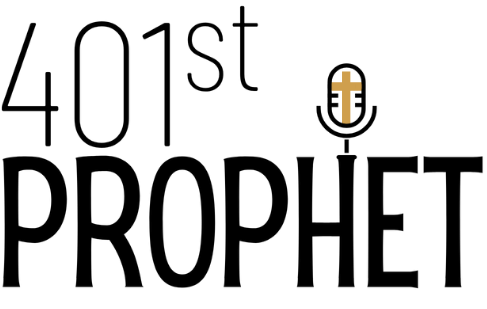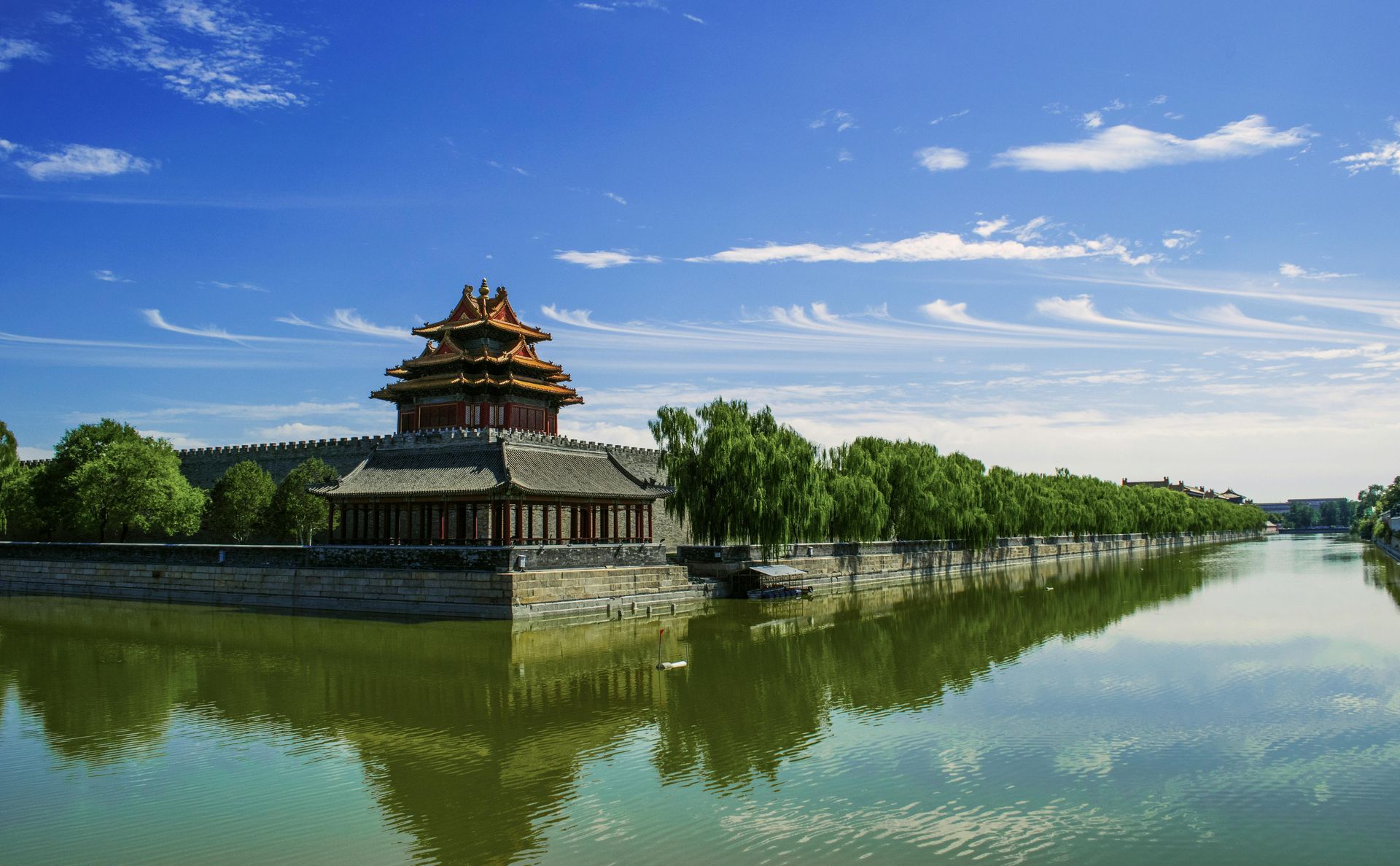The Great Reformation: Dominion Part 7
The Greatest Reformation of them all was begun by Martin Luther in 1517
We come now to what I believe is the most important world development since the founding of Christianity.
Holland devoted the last few pages of chapter 12 to the emergence of an obscure college professor named Martin Luther. Luther had originally been bothered by the sale of indulgences and had posted ninety-five points to debate them and other doctrinal issues. Over time Luther had concluded that “the true Antichrist mentioned by Paul reigns in the court of Rome.”
Holland entitles Chapter 13: Reformation; A.D. 1520, Wittenberg
Luther continued to preach, write, and publish challenges to prevailing Roman Catholic dogma. Finally, he was summoned to appear before the emperor in the German city of Worms. Holland makes much of the role of reformation in Christian history. Gregory VII had shaken the world to its foundations in the eleventh century and Luther was just one more in a long line of reformers. He was merely doing what many Christians before him had done. Holland recounts a number of major Protestant distinctives; laity and clergy should not be viewed as separate spiritual entities, the folly of celibacy, and the necessity of salvation by grace alone. Finally, he appeals to conscience above all, and refuses to recant when ordered to by the emperor. The individual Christian’s conscience took precedence over pope and council, as did the Bible.
Holland then recounts some of the well-known adventures of Luther in the year following his meeting with the emperor: his kidnapping by Frederick, protective custody in Wartburg castle, the translation of the New Testament into German. Luther’s theological revolution “had freed Christians everywhere to experience it as he had experienced it: as the means to hear God’s living voice.”
Luther’s Reformation had far ranging consequence beyond what he could have ever imagined. There was the Peasant’s Rebellion of 1525 led by apocalypticists like Thomas Muntzer that killed 100,000. European states had to learn how to balance newfound spiritual freedoms with social control. The “Lutheran” states “set about designing a model of the state that no longer ceded any sovereignty to Rome. Meanwhile, in the privacy of their souls, Christians had lost nothing. In place of church lawyers they now had God.
Meanwhile, in England Henry VIII seized upon the Reformation to remove his country from the shackles of Rome and pursue his own marital agenda. On the continent the Mennonites and the Amish arose and this “Radical Reformation” created more consternation for the heads of state. Over the centuries many groups had never viewed the papacy as a legitimate authority. This supplied gunpowder to which Luther lit a fuse. In 1529 the Lutheran princes met at Augsburg in Germany to hammer out a way of governing in the midst of the new Reformation. They called themselves “Protestants” and laid the groundwork for a whole new way of operating nation states in a post-papal age.
The Protestant thinker who did more than anyone to resolve the tension between freedom and authority was John Calvin. Setting up shop in Geneva, Switzerland, Calvin “wrestled with the practicalities of setting up a godly order.” His only weapon was the pulpit. Refugees from all over Europe fled to Geneva to learn in Calvin’s “perfect school of Christ.”
Religious conflict broke out all over Europe. In England the reign of Bloody Mary (1553-1558) was followed by the peace of Elizabeth I. The Dutch suffered terribly for their Calvinism at the hands of the Catholic Holy Roman Emperor, the French destroyed their Protestant minority on St. Bartholomew’s day in 1572, and Scotland came over to the Reformation totally through the influence of John Knox. Finally, there arose a group called “Puritans” by their Catholic enemies. They sought to purify the church from its Catholic influences. Once again Holland points out the revolutionary nature of Christianity. “The rejection of tradition was itself a Christian tradition.”
“A century on from Luther, Protestants could cast themselves as the heirs of a revolution that had transformed Christendom utterly. No longer merely a staging post in a lengthy process of reformation, it was commemorated instead as an episode as unique as it had been convulsive: as the Reformation.” Now there was a whole new world opened up. “If God was to be found in the interior experience of individual believers, so also could He be apprehended in the immensity and complexity of the cosmos.” And man’s understanding of the cosmos was about to be revolutionized.
The Protestant Reformation was a major dividing line in history. We now enter what historians have called the age of modernity. The Middle Ages had ended and a whole new world begun.
More: See the video, “Luther’s Revolution;” https://www.youtube.com/watch?v=lidFwBV2tgw
All the episodes of Dominion are found here: https://www.youtube.com/playlist?list=PLkHlTST983SrRLzY-1quBpEsd46bog7jA










